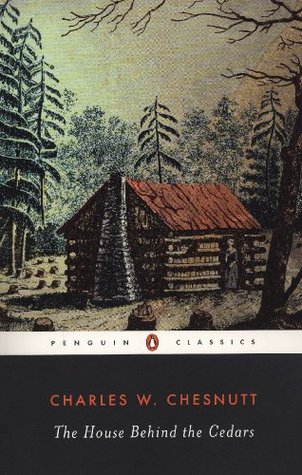More on this book
Kindle Notes & Highlights
The question is a question of class and not simply race. Nobody, black or white, wants to be poor, hungry, and without shelter or status;
The conditions that I have described as existing in Louisiana and South Carolina did not exist throughout the nineteenth century but only into the decade preceding the Civil War, the 1850s. Thereafter, as sectional tensions grew, more and more pressures developed to define race in such a way as to simplify racial identity. It is at this moment in history that “white” finds its modern definition in America: It comes to mean one whose forebears are white and white only; one who does not carry in his or her body a known (or acknowledged) “drop of black blood.”
Majenta liked this
W‘ite folks has deir troubles jes’ ez well ez black folks, an’ sometimes feels ’em mo’, ’cause dey ain’t ez use’ ter ’em.”
Such people were, for the most part, merely on the ragged edge of the white world, seldom rising above the level of overseers, or slave-catchers, or sheriff’s officers, who could usually be relied upon to resent the drop of black blood that tainted them, and with the zeal of the proselyte to visit their hatred of it upon the unfortunate blacks that fell into their hands.
Majenta liked this
Had they possessed the sneaking, cringing, treacherous character traditionally ascribed to people of mixed blood—the character which the blessed institutions of a free slave-holding republic had been well adapted to foster among them; had they been selfish enough to sacrifice to their ambition the mother who gave them birth, society would have been placated or humbugged, and the voyage of their life might have been one of unbroken smoothness.
Majenta liked this
it says in substance, as quoted by this author, that negroes are beings ‘of an inferior order, and altogether unfit to associate with the white race, either in social or political relations; in fact, so inferior that they have no rights which the white man is bound to respect, and that the negro may justly and lawfully be reduced to slavery for his benefit.’


